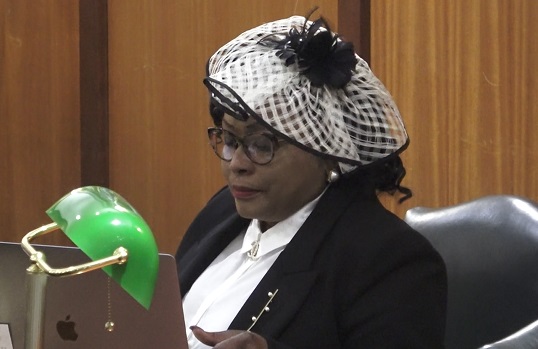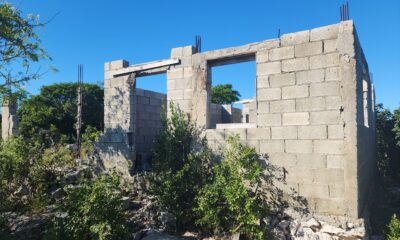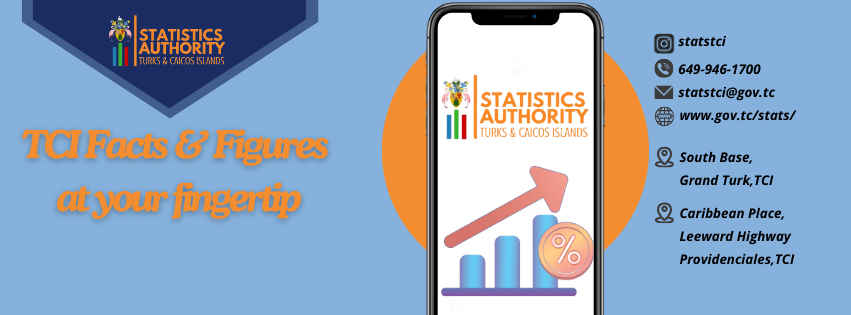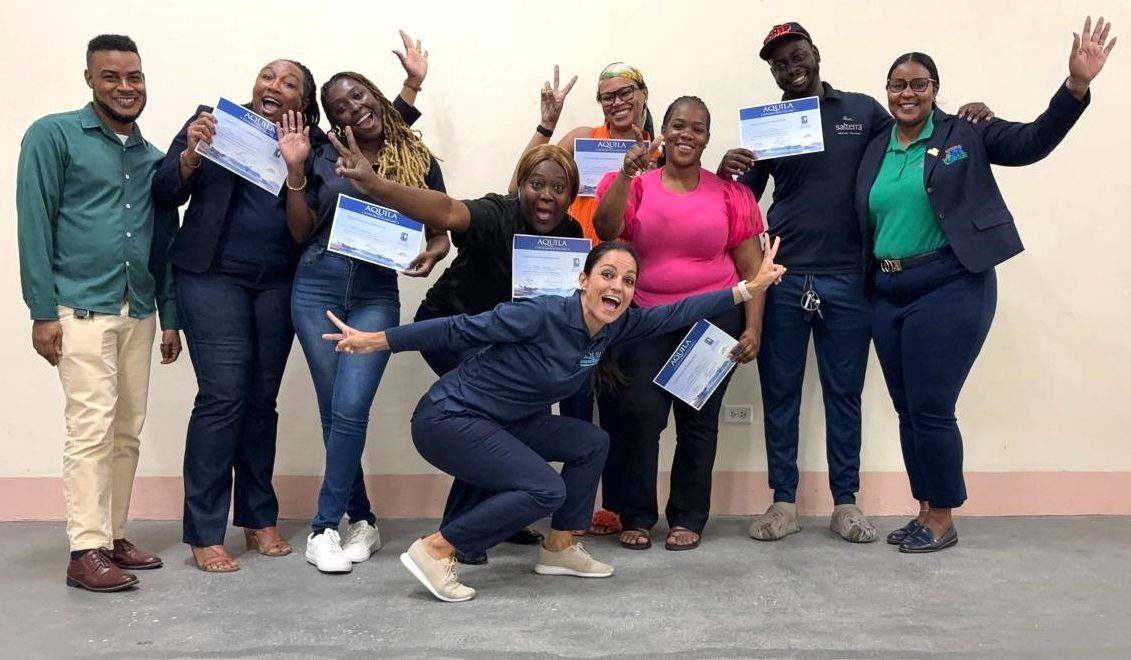#Grand Turk, Turks and Caicos – July 30, 2018 – Money was not the problem for the PDM Administration; it was a lack of execution according to Hon Josephine Connolly, which resulted in a long list of un-dones.
The All Island member, who broke off from the PDM in January and is now counted as an independent Member of the House of Assembly, blasted the performance of the Premier and Finance Minister, Hon Sharlene Robinson in the last fiscal year.
“The money was there, Mr Speaker, it simply was not spent. Section 5 of the booklet gives a long sorry list of desperately needed capital projects that have not been started, not because there was no money, but because there was no execution. And, Mr Speaker, this was before the devastation of the two hurricanes. 
Connolly calls it under-spending and when questioned by Magnetic Media about what she believes is behind it, said: “I strongly believe that Our Ministers came into office without the experience of being involved with major capital projects. The procurement process is complicated and it requires skill and perseverance to ensure the capital projects start and get completed on time. What was needed, and is still needed, the ministers project managing the progress of all capital projects on a regular basis and working as a team to remove impediments. It requires leadership which so far has been sadly lacking.”
The sentiments are the general tone of all contributions by Connolly, who is vocally doubtful that the current government has what it takes to govern effectively.
To the Speaker of the House of Assembly, Connolly said, “I hope the Minister of Finance will be able to detail in her closing contribution the remedial actions she has taken within her government to ensure that the debacle of under spending in 2017/18 does not reoccur in 2018/19.”
The former PDM Minister of Education said in her contribution that, “I think, Mr Speaker, the people of this country were expecting a year when this government drives development and pushes up revenues for the benefit of all. The budget as presented by the Minister of Finance portrays a lack of confidence in her ability to drive that business growth.”

Hon Connolly, a businesswoman by profession said ignorance of best practices resulted in heftier costs to the public for the National Health Insurance Board and pointed to what she believes is a missed opportunity by the Robinson-led government.
“One looks after are health and one our comfort in old age. They are significant organizations and they have come in for some criticism in the January 2018 report on statutory bodies.
It is not clear to me Mr Speaker that any of the significant recommendations of that report have been accepted or included in this budget. For instance the recommendation that the administration of the NHIB should be merged with the NIB has been ignored.
The obvious savings that would have been made had this recommendation been followed in terms of office rental, investment in computer systems and combining the best practices are so obvious that I think that the House would be interested as to why these savings have been ignored by the Minister of Finance.
The failures of not using best practice are there for all to see. Last year Mr Speaker the NHIB was budgeted to receive from TCIG $23M… it actually needed $33M. Almost 50% higher than the budgeted amount. I was a little surprised that the appropriations committee did not ask the question “How can you be wrong by $11M last year and how do you know you are right this year?”
Connolly disagrees with the lack of scrutiny and does not support just upping spending for the Health Insurance Board.
“May I respectfully suggest that if the Minister of Finance wishes to get a handle on the Finances of the NHIB that they speed up the appointment of a CFO. I understand that the previous CFO left in June 2017 and 8 months later in February the published summary of the cabinet meeting referenced “progress on recruiting a CFO for NHIB”. Well one would hope that after 8 months some progress had been made!
I am not sure Mr Speaker why anyone is surprised at massive over budget of expenditure if the people meant to monitor the expenditure are not in place. Perhaps Mr Speaker the reason for the vacancy is that the salary outlined in the budget is not enough to attract the right candidate. The CFO will be responsible for a budget of over $68M. We need an experienced financial director with enough credibility to advise the board, introduce systems and control the expenditure in a fair and equitable manner. That expertise does not come cheap.”
 The fifth all island member said the Appropriations Committee unearthed that there are 50 audit reports of Statutory Bodies outstanding; and that the NHIP had turned in no audit for three years.
The fifth all island member said the Appropriations Committee unearthed that there are 50 audit reports of Statutory Bodies outstanding; and that the NHIP had turned in no audit for three years.
Hon. Josephine Connolly blamed the Government for not ensuring accountability.
“It would be nice if the self-funding statutory bodies were up to date Mr Speaker, but the last published audited accounts on the NIB web-site is for the year ending March 31, 2013 , that is five years ago!
This is our pension money we have a right to know that our money is safe and secure and the NIB have an obligation to comply with the law.
The responsibility for the completion of these audits is the National Audit Office I appreciate that the Minister of Finance does not have power to direct the audit office as identified in section 52 of the Finance and Audit Ordinance. However the failure of the audit function cannot continue….. everyone has to be held to account….…. even the national Audit Office.”
Connolly also drew attention to the Center for Entrepreneurial Development, the Royal Turks and Caicos Islands Police and the Ministry of Education among other areas of concern.
Most of the comments were made by Hon. Josephine Connolly during the 2018 Budget Debate in Grand Turk July 10-13, 2018.


 TCI News1 week ago
TCI News1 week ago
 News2 days ago
News2 days ago
 TCI News4 days ago
TCI News4 days ago
























